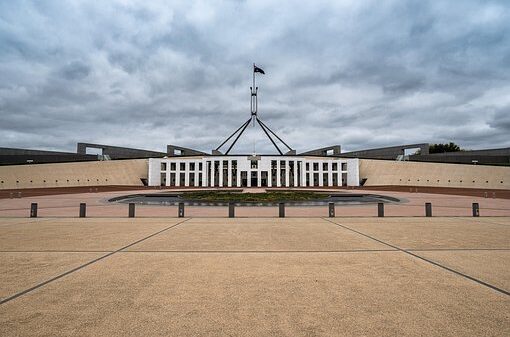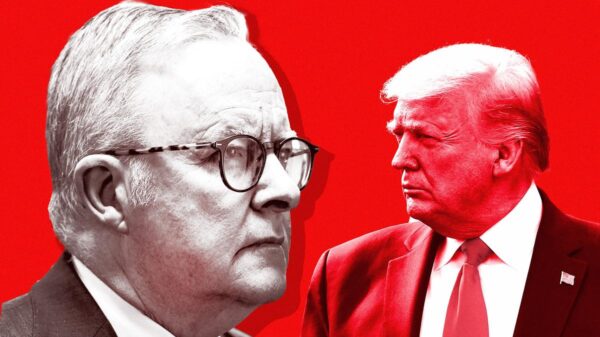Cornell University has established a faculty-led committee aimed at envisioning its long-term future, focusing on how the institution can adapt to serve upcoming generations effectively. The initiative, led by Provost Kavita Bala, is titled the Committee on the Future of the American University. This comes at a time when the role and value of higher education face significant scrutiny.
In her announcement, Bala highlighted the current challenges affecting educational institutions, including a decline in public trust, evolving relationships with the federal government, and rapid advancements in technology, particularly in artificial intelligence. She stated, “This is a consequential moment in the history of higher education. Envisioning the future of American higher education is a bold but necessary endeavor. Grounded in our enduring founding principles, Cornellians are up to this task, and I look forward to the insightful conversations we have together across campus and beyond.”
Committee Composition and Objectives
Members of the committee, nominated by their respective deans, represent diverse academic disciplines and areas of expertise. The committee’s work will involve discussions throughout the campus community, with plans to report on their progress at the end of the fall semester. The exploration is set to continue into spring 2026.
The committee will focus on critical questions in four main areas, addressing the challenges and opportunities that higher education faces today. Bala emphasized the need to engage with both supporters and skeptics within the university and beyond, stating, “Across each of these core missions of the university, we must assess the challenges and opportunities presented at this historical moment.”
Engagement and Community Input
A vital aspect of the committee’s work will be to gather input and feedback from the entire Cornell community, including faculty, staff, students, and alumni. This will be achieved through various listening sessions and forums designed to encourage open dialogue. By incorporating a wide range of perspectives, the committee aims to ensure that its vision for the future is inclusive and representative of the university’s diverse constituents.
As Cornell embarks on this ambitious initiative, the focus remains clear: to navigate the evolving landscape of higher education and reaffirm the institution’s commitment to education, scholarship, public impact, and community engagement. This proactive approach is expected to position Cornell as a leader in adapting to the future challenges and opportunities that lie ahead.





























































